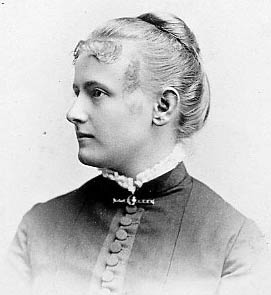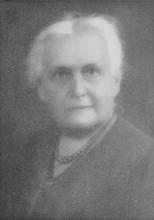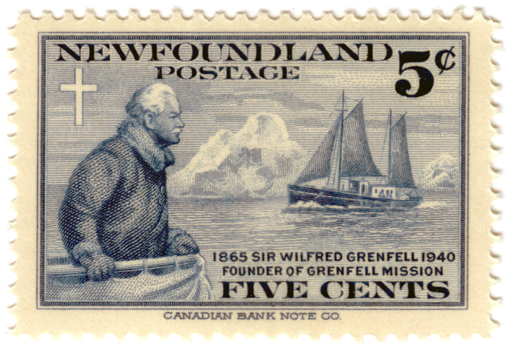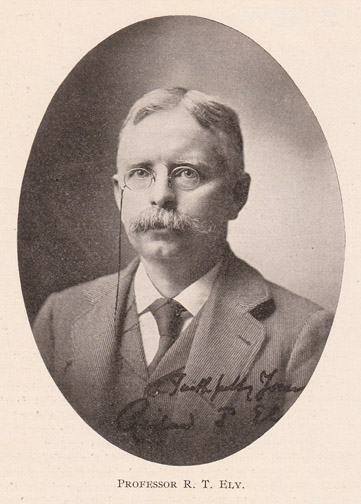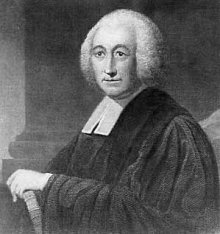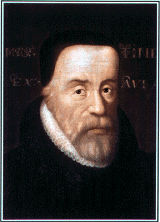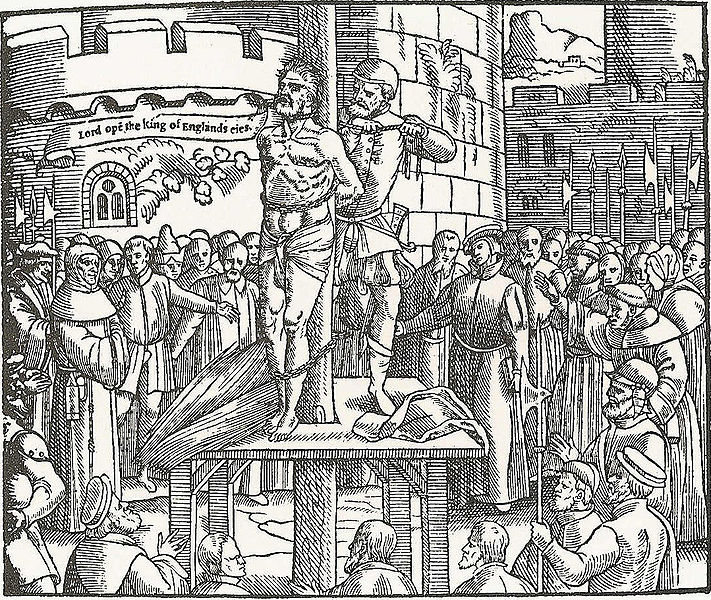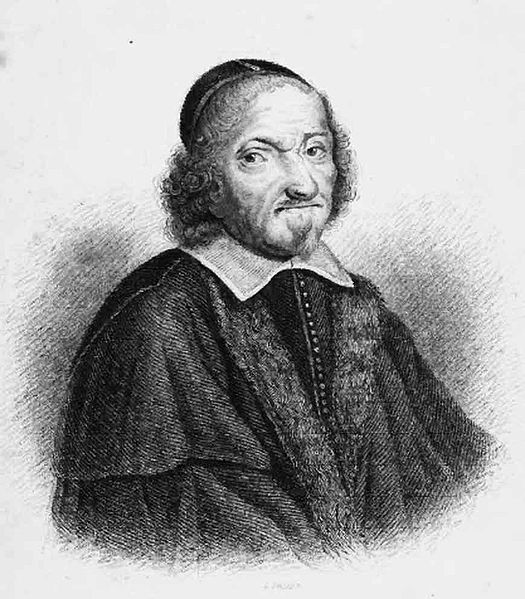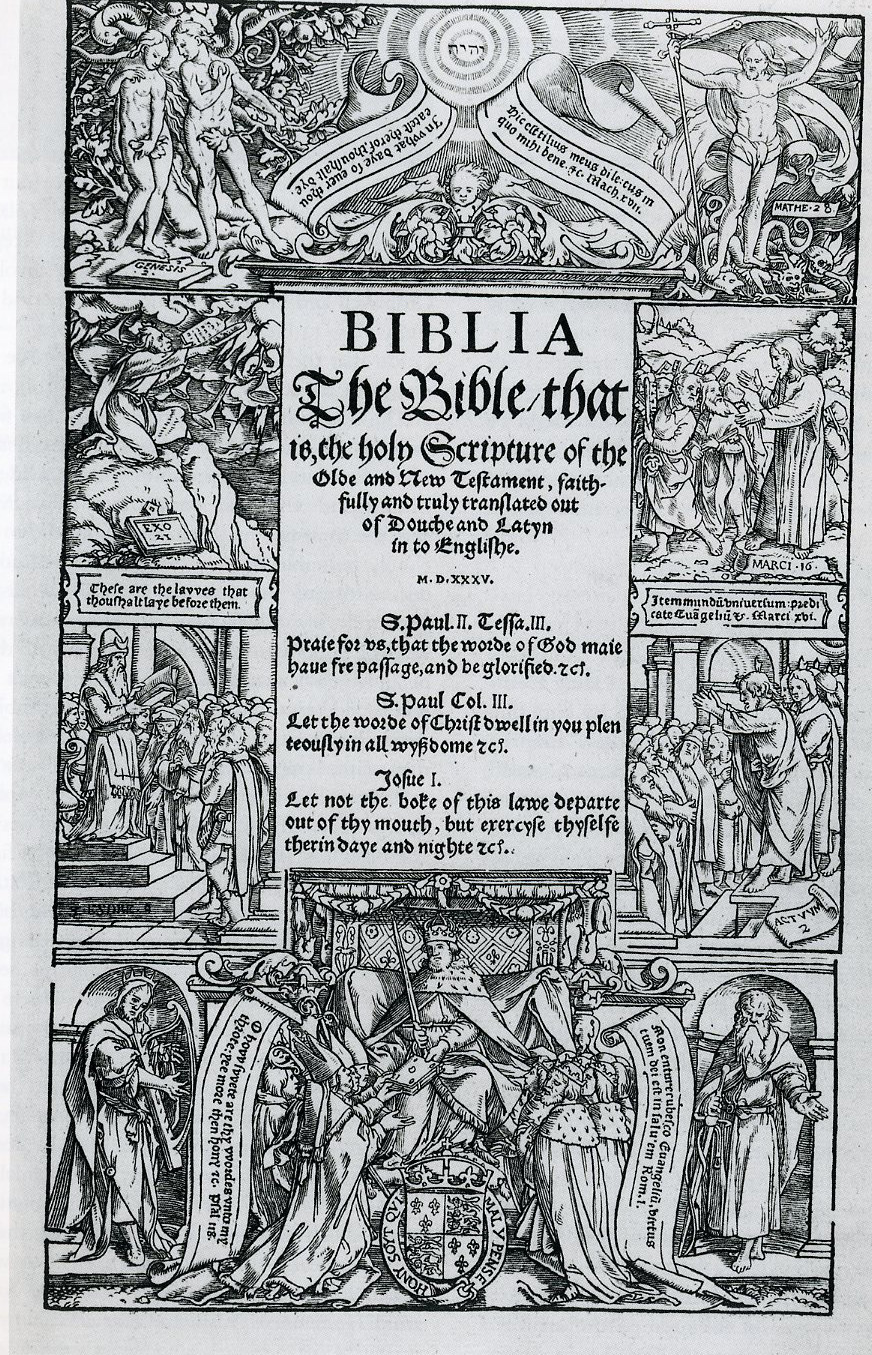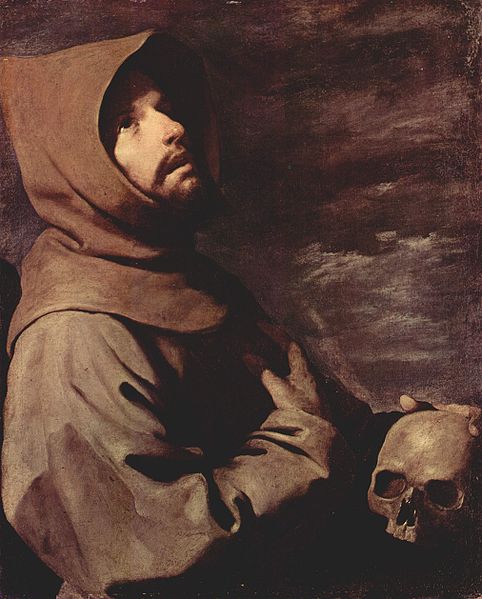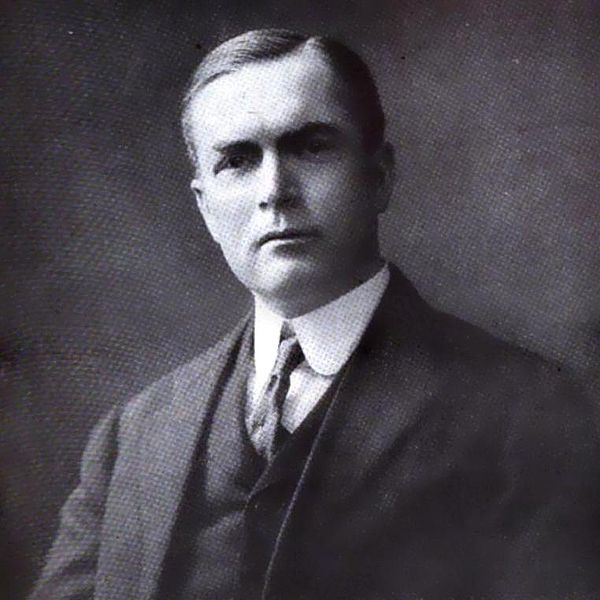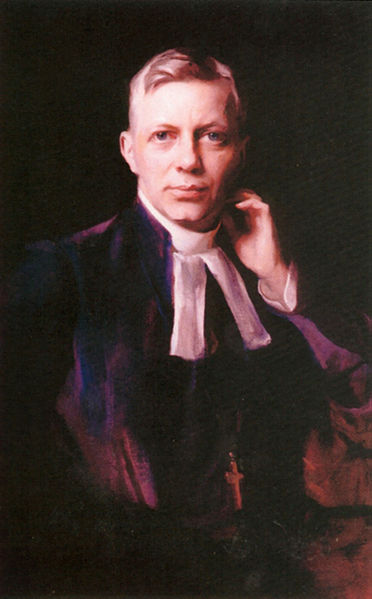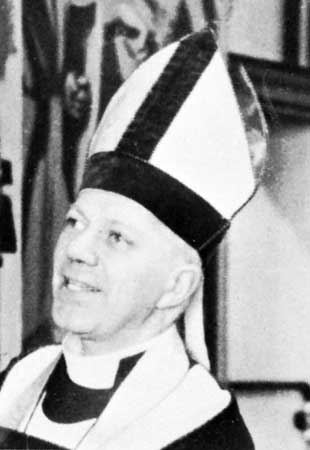Welcome to the Holy Women, Holy Men blog! We invite you to read about this commemoration, use the collect and lessons in prayer, whether individually or in corporate worship, and then tell us what you think. For more information about this project, click here.
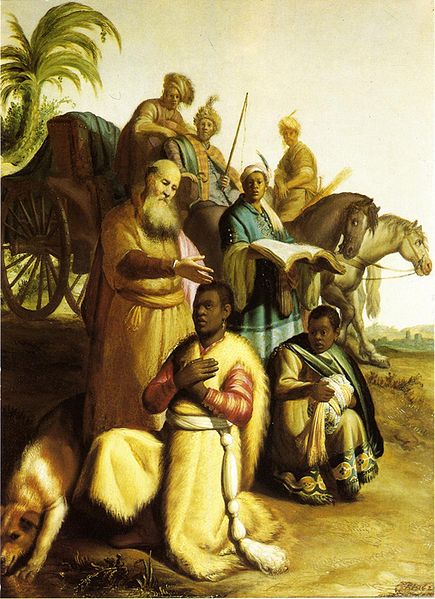
About this commemoration
Philip, who has been traditionally referred to as a Deacon and an Evangelist, was one of seven honest men appointed, some sources say ordained, by the apostles to distribute bread and alms to the widows and the poor in Jerusalem.
After the martyrdom of Stephen, Philip went to Samaria to preach the gospel. In his travels south to Gaza he encountered an Ethiopian eunuch, a servant of the Ethiopian queen, reading the Isaiah text on the Suffering Servant. They traveled together, and in the course of their journey the Ethiopian was converted and baptized by Philip.
Subsequently, Philip traveled as a missionary from Ashdod northwards and settled in Caesarea. It was in Caesarea that he hosted St. Paul. Philip’s activities at the end of his life are the subject of speculation, but some sources place him as a bishop at Lydia in Asia Minor. His feast day in the Eastern Church is October 11, and in the West usually June 6. Other provinces of the Anglican Communion also keep his feast on October 11.
Collects
I Holy God, no one is excluded from thy love, and thy truth transformeth the minds of all who seek thee: As thy servant Philip was led to embrace the fullness of thy salvation and to bring the stranger to Baptism, so grant unto us all the grace to be heralds of the Gospel, proclaiming thy love in Jesus Christ our Savior, who liveth and reigneth with thee and the Holy Spirit, one God, now and for ever. Amen.
II Holy God, no one is excluded from your love, and your truth transforms the minds of all who seek you: As your servant Philip was led to embrace the fullness of your salvation and to bring the stranger to Baptism, so give us all the grace to be heralds of the Gospel, proclaiming your love in Jesus Christ our Savior, who lives and reigns with you and the Holy Spirit, one God, now and for ever. Amen.
Psalm 67
Lessons: Isaiah 53:7–11, Acts 8:26–40, and Matthew 28:18–20
Preface of Apostles and Ordinations
From Holy, Women, Holy Men: Celebrating the Saints © 2010 by The Church Pension Fund. Used by permission.
Also of interest
North American Association for the Diaconate
On Reviving the Diaconate in the Episcopal Church by Richard Fabian
http://www.godsfriends.org/Vol14/No1/reviving-diaconate.html
Lifting Up the Servants of God: The Deacon, Servant Ministry, and the Future of the Church by Dr. Thomas Ferguson
http://www.sfd.edu/LiftingUpServants.html
We invite your reflections about this commemoration and its suitability for the official calendar and worship of The Episcopal Church. How did this person’s life witness to the Gospel? How does this person inspire us in Christian life today?
If you’d like to participate in the official online trial use survey, click here. For more information about the survey, click here.
To post a comment, your first and last name and email address are required. Your name will be published; your email address will not. The first time you post, a moderator will need to approve your submission; after that, your comments will appear automatically.
